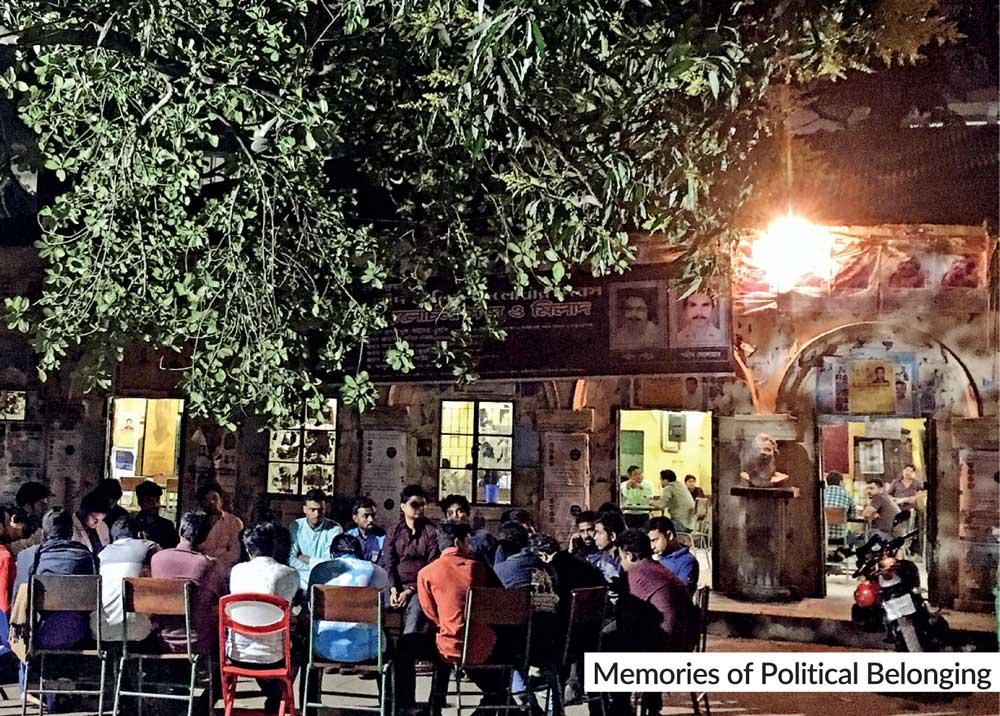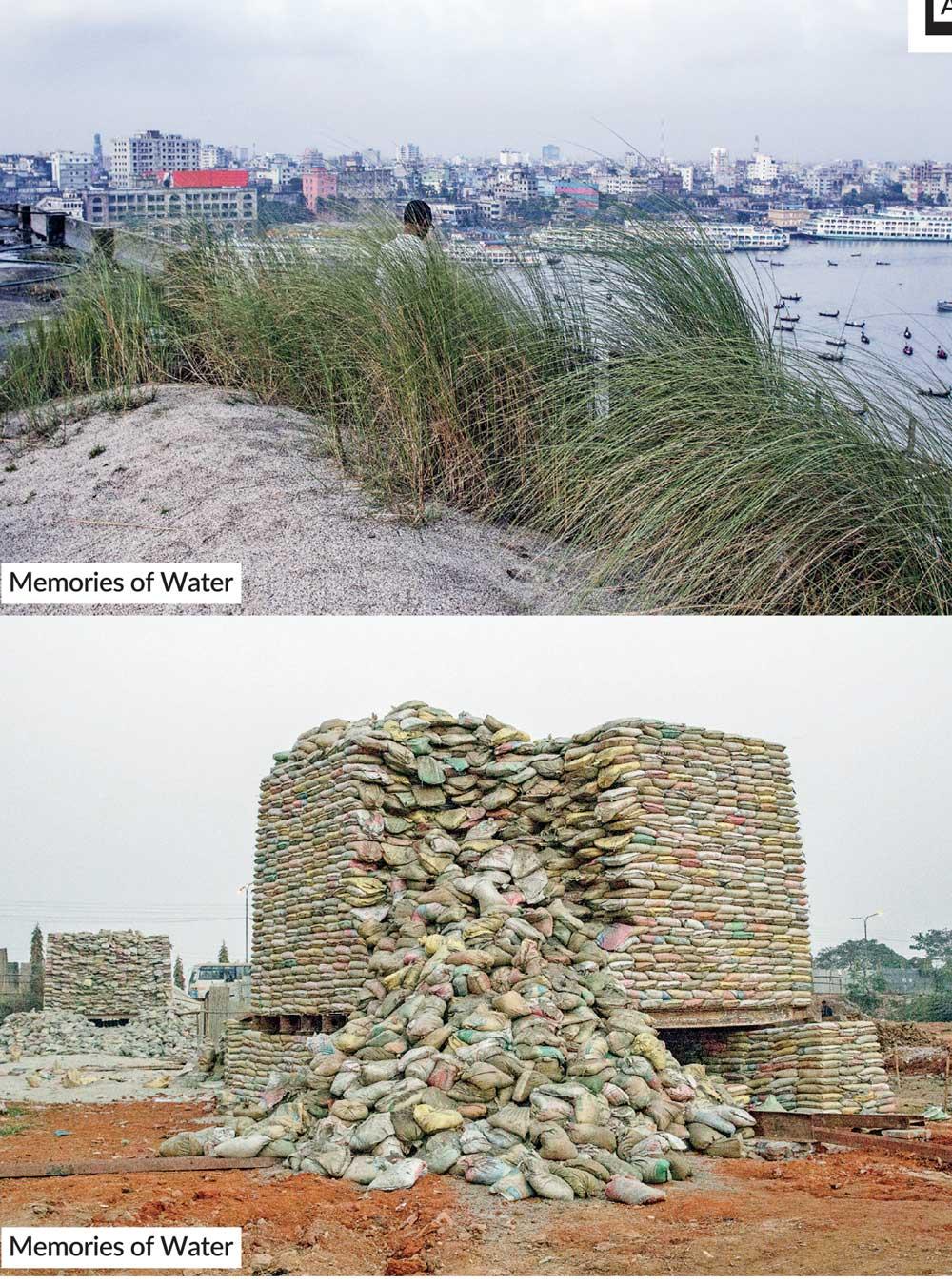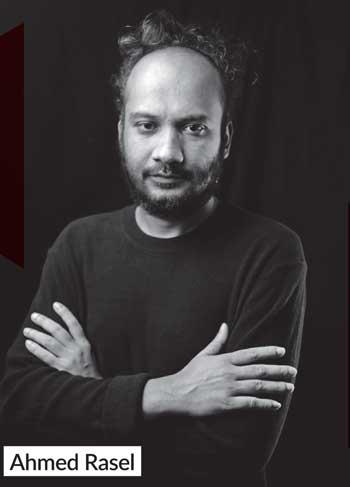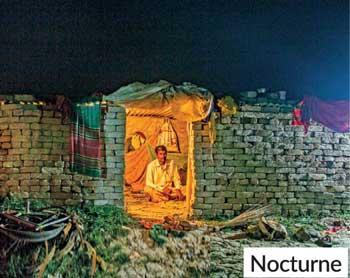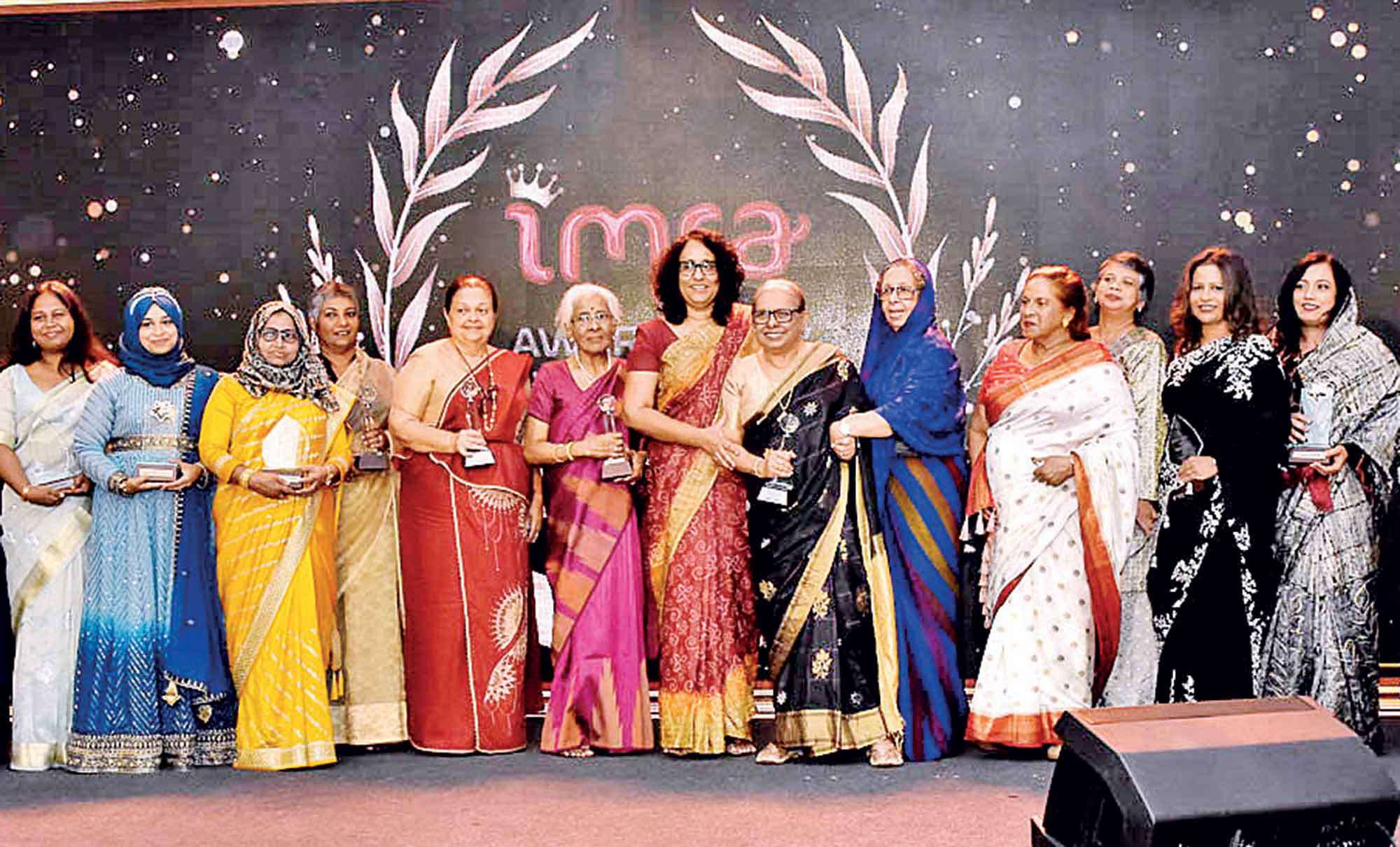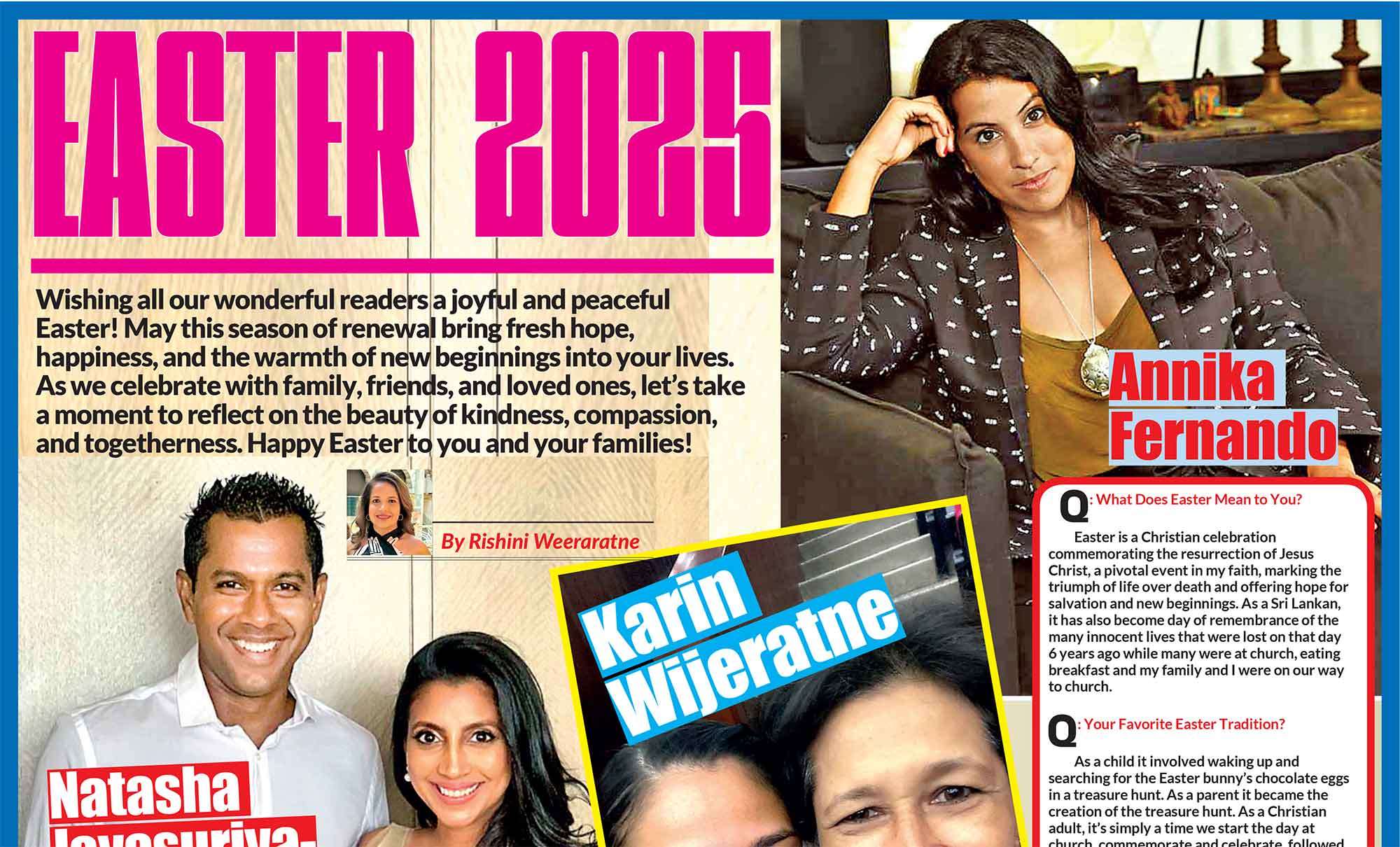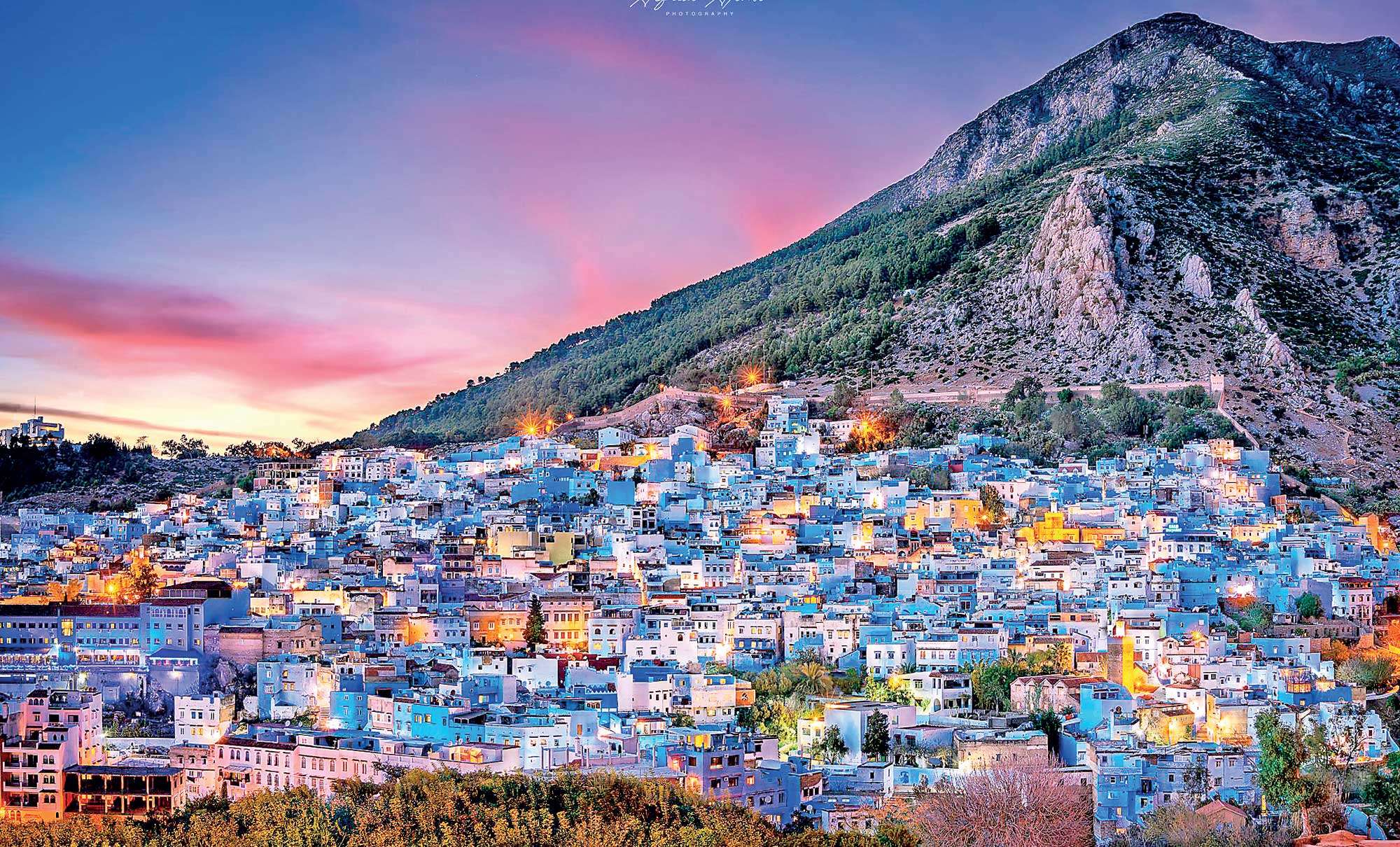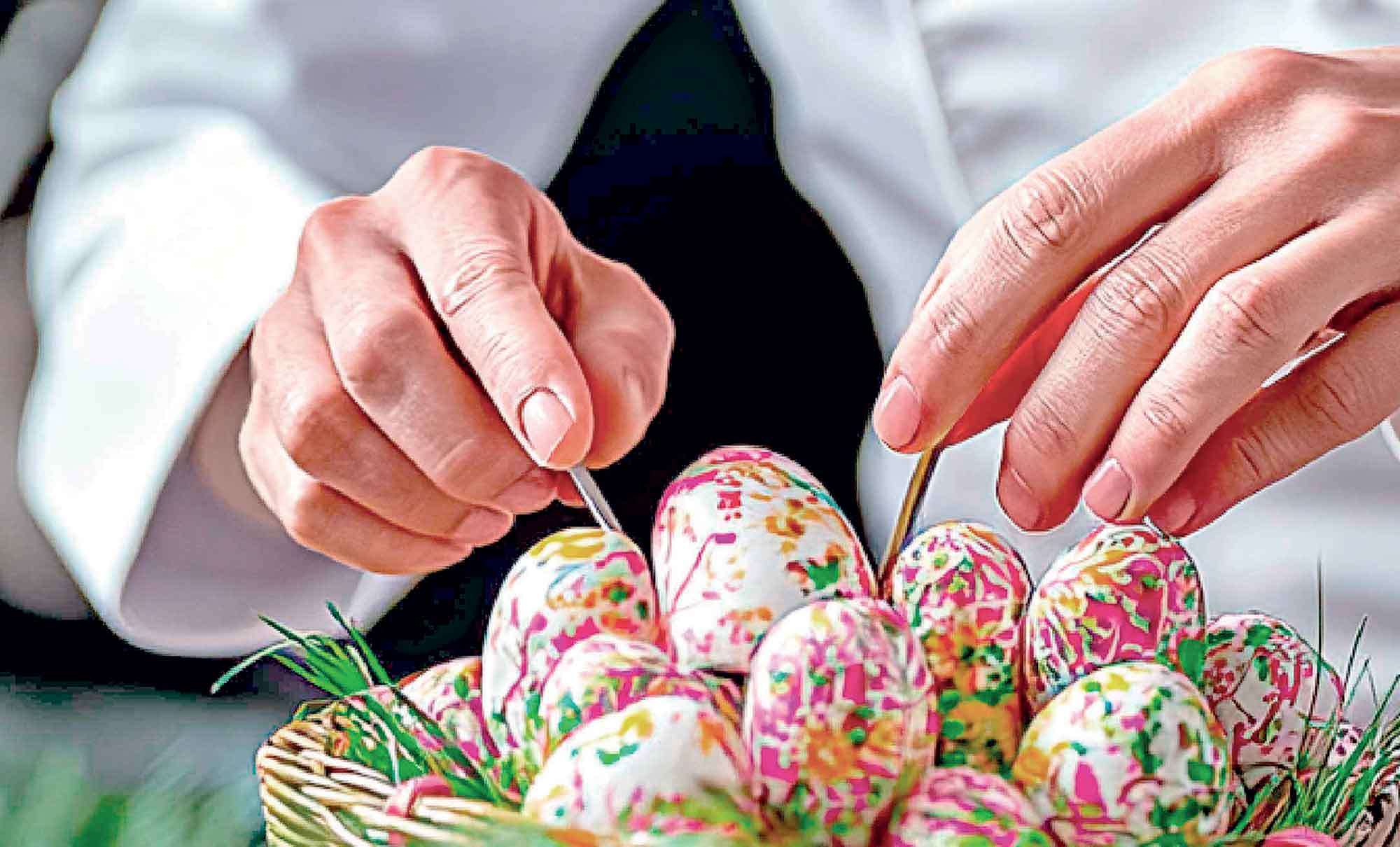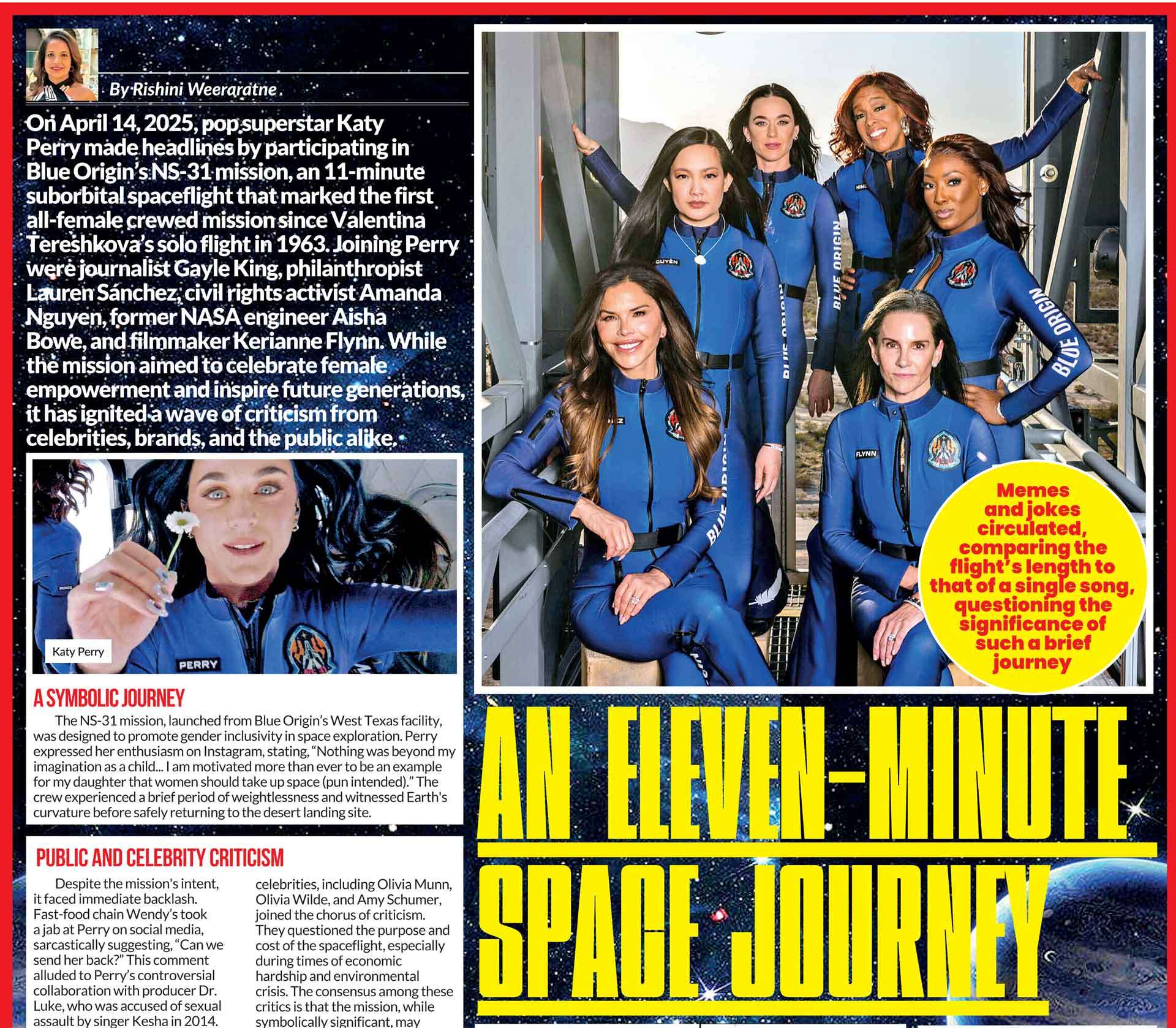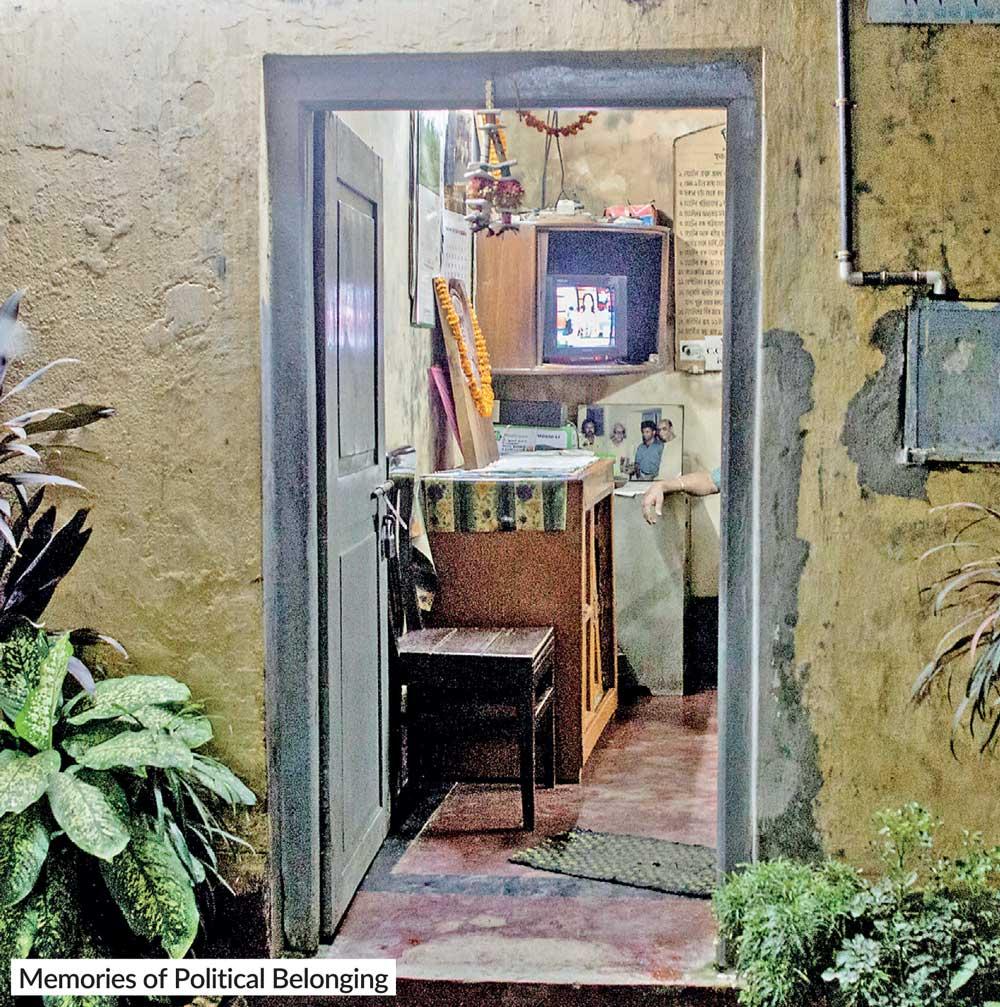

By Thaliba Cader
Ahmed Rasel (b. 1988, Barishal) is a visual artist whose journey began with words. Once envisioning himself as a poet, he pursued a Master’s degree in Bengali Literature at the University of Dhaka, believing language to be the truest conduit for his emotions. Yet, life, with its unpredictable rhythm, led him toward another form of expression; photography. Seeking to refine this newfound voice, he earned a formal diploma in photography from Counter Foto, a Centre for Visual Arts, where he now serves as an adjunct faculty member.
Rasel’s artistry lies at the confluence of the poetic and the political. His lens interprets and weaves narratives of environmental decay, urban alienation, and the fragile, shifting landscapes of human existence. His photography becomes an act of preservation, a testament to a world in flux.
His oeuvre has found its place on international platforms, gracing the Dhaka Art Summit (2018, 2023), the Chennai Photo Biennale (2021), and the Serendipity Arts Festival. His work was recognized by Tate Modern as one of the finest at Dhaka Art Summit 2018, and his lens has brought stark realities to global publications, chronicling a world growing less verdant with each passing frame. To Rasel, photography is resistance, an act of defiance against oblivion, a call to awareness. His images do not confound; they unveil. Their message, though simple, is undeniable, much like the truths they seek to uphold.
“I still doubt I’m good at it,” Rasel humbly confesses. Yet for him, art is an act of protest, a means of bearing witness to injustices that persist in plain sight. Through his photography, he raises his voice, illuminating the overlooked, the forgotten, the urgent.
Memories of Water
Once, Dhaka pulsed with silver veins of water, its rivers, lakes, and ponds forming the lifeblood of the city. The Buriganga, Balu, Turag, and Shitalakkha, once teeming with life, now stand as shallow, murky remnants of their former glory. Their waters, once a source of sustenance, now reflect the decay of a city that has turned its back on its own natural arteries.
Memories of Political Belonging
Once alive with the voices of young artists, activists, and dreamers, spaces like Madhur Canteen, Beauty Boarding, and the Coffee House were more than mere meeting places. They were arenas of discourse, incubators of thought, cradles of rebellion. Yet, as democratic dialogue erodes, their significance as public spheres fades, leaving behind silent walls where voices once echoed.
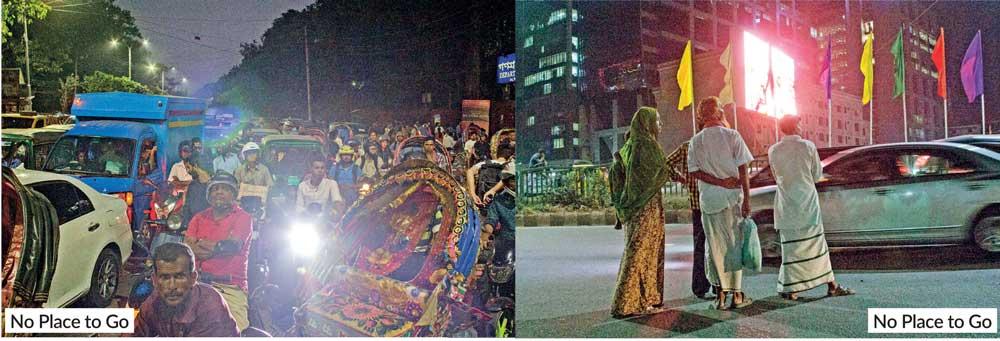
No Place to Go
Dhaka unravels in Rasel’s frame, a city staggering under the weight of its own contradictions. The underprivileged, the unseen laborers who sustain its relentless expansion, find themselves trapped in an existence that grows increasingly subhuman. Overpopulation, chaos, and the crumbling of civic order shape a landscape where the privileged navigate with ease while the many are left to struggle against forces far beyond their control.
Nocturne
Across Bangladesh, the silhouettes of brick kilns etch themselves into the night sky, their towering chimneys exhaling thick plumes of smoke. Here, underpaid workers mold millions of bricks to fuel the demands of an unrelenting urban sprawl. These kilns, silent behemoths of industrial hunger, stand as the largest contributors to Dhaka’s suffocating air pollution. They fuel deforestation, erode farmlands, and cast an ominous shadow over human and ecological well-being. In the still of night, they whisper of progress; but at what cost?
Ahmed Rasel’s work, in all its quiet urgency, reminds us that art is not merely observation. It is testimony. It is resistance. It is memory preserved in light and shadow, defying the erasure of time.
